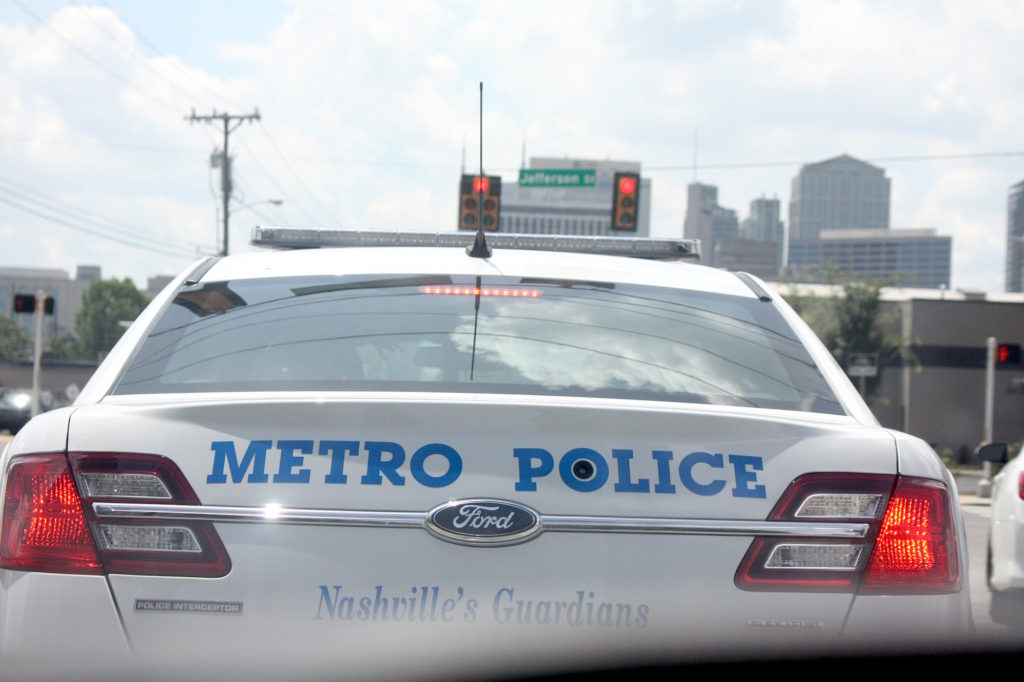
Metro Police say that officers “rendered aid” to Daniel Hambrick after he was fatally shot last week. But a spokesman says police did not provide any medical help themselves.
Metro Police officers are not EMTs, but they do get training in first aid. Yet, Nashville Deputy Police Chief
Brian Johnson says the first act after shooting a suspect is to call for help.
“To take it to its simplest form, ‘rendering aid’ is getting an ambulance started,” he says.
The department’s policy manual includes “summoning emergency medical personnel” in the list of possible responses when an officer is involved in a use-of-force incident.
“Then, the officers can get back to their car and get better medical kits. Then, they can start trying to apply a tourniquet,” Johnson says. “They have pressure dressings they can apply, depending on the type wound.”
In recent years, officers have saved lives by acting quickly. One burglary suspect who was badly cut during a break-in had lost half his body’s blood supply. According to a lifesaving award citation, officers on the scene used a tourniquet and applied pressure to the man’s wound.
But police haven’t been the ones to try to stop the bleeding from bullet wounds in the criticial first minutes after the last two high-profile, fatal, police shootings in Nashville.
In the death of Daniel Hambrick last week, police say an officer was retrieving his medical equipment and preparing to begin aid, but paramedics arrived first — four minutes after a call to dispatch. In the case of Jocques Clemmons from 2017, the officer who pulled the trigger said
he held Clemmons’ hand and talked to him.
A group that recommends best-practices for departments, the Police Executive Research Forum, has
called for officers to promptly administer aid themselves when they shoot someone — and call for help. But they say it’s a lot to ask.
“Cops have to be able to pivot immediately from using deadly force to trying to save a life,” executive director Chuck Wexler, a former police officer,
told the
New York Times
. “That is tough, we know that, but it’s what’s needed, and it’s not happening.”


